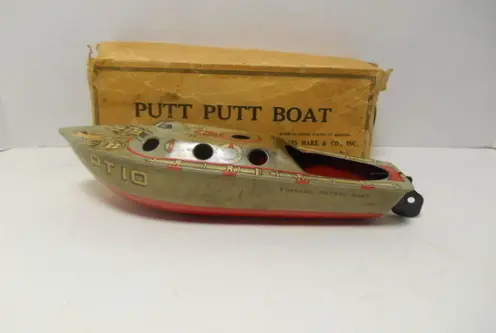Science experiments can be an effective way to help students learn because they allow students to engage with scientific concepts in a hands-on and interactive way. Science experiments can help students to:
- Develop critical thinking and problem-solving skills: Science experiments often involve designing and conducting an investigation, analyzing data, and drawing conclusions. These activities help students to develop critical thinking and problem-solving skills, which are important for success in science and other subjects.
- Build understanding of scientific concepts: Science experiments provide a concrete and tangible way for students to explore and understand scientific concepts. For example, by conducting an experiment on photosynthesis, students can see firsthand how plants use energy from the sun to convert carbon dioxide and water into oxygen and sugar.
- Enhance motivation and engagement: Science experiments can be fun and engaging for students, which can help to increase their motivation and interest in science. This can lead to a deeper understanding of the subject and a greater inclination to pursue further studies.
- Develop practical skills: Science experiments can help students to develop practical skills, such as how to use laboratory equipment, how to design and conduct experiments, and how to analyze data. These skills are valuable not only in science but also in other areas of life.
- Encourage creativity and curiosity: Science experiments provide students with the opportunity to explore and experiment, which can encourage creativity and curiosity. This can lead to a greater understanding of the world around us and help to foster a lifelong love of learning.
There are several recurring science competitions in Canada that provide students with the opportunity to showcase their scientific knowledge and skills. Some examples include:
- Canada Wide Science Fair (CWSF): The Canada Wide Science Fair is an annual event that brings together students from across Canada to compete in a variety of scientific categories. Students must first compete in regional or provincial science fairs in order to qualify for the CWSF.
- Sanofi Biogenius Canada: Sanofi Biogenius Canada is a national competition that encourages high school students to pursue careers in the biotech and life sciences fields. Students compete by presenting original research projects in front of a panel of judges.
- The Canadian Science and Engineering Fair (CSEF): The CSEF is an annual event that showcases the best and brightest young scientists from across Canada. It is organized by Youth Science Canada and is open to students from grade 7 to 12.
- Canadian Mathematical Society (CMS) Mathematical Contests: The Canadian Mathematical Society (CMS) Mathematical Contests provides a series of mathematical contests to students from grade 7 to 12. The contests are designed to encourage an interest in mathematics and to develop problem-solving skills.
- Canada-Wide Science Fair (CWSF): The Canada-Wide Science Fair is an annual event that brings together students from across Canada to compete in a variety of scientific categories. Students must first compete in regional or provincial science fairs in order to qualify for the CWSF.
- The Canadian Chemistry Contest: The Canadian Chemistry Contest is a national contest organized by the Canadian Society for Chemistry for students in grades 11 and 12. It is designed to challenge students’ knowledge of chemistry, their problem-solving ability, and their laboratory skills.
These are just a few examples, and depending on the region and the specific scientific field, there may be other competitions as well.
